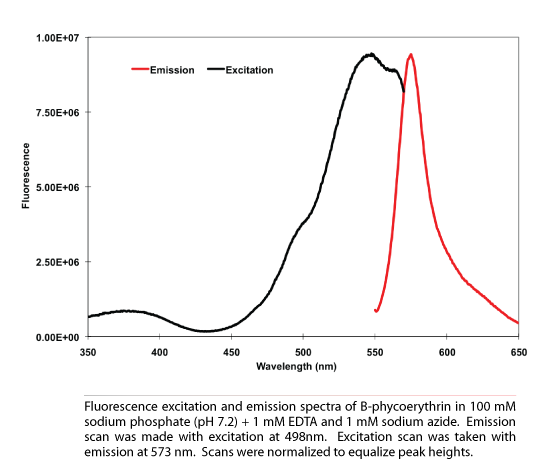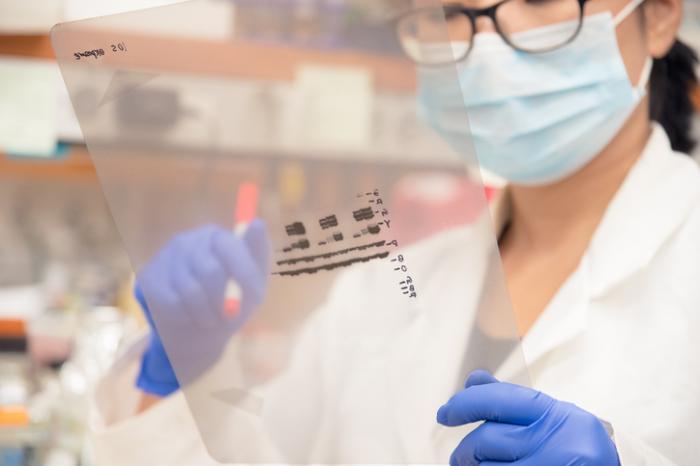
We spent the money on a Western Blot with our Chumley (after he was already part of our home and family), just to be sure, just so we knew whether or not we needed to be more aggressive with treatment for him if he ever appeared to be sick. Most FIV cats face the same illness disease as other cats do and end up dying of those issues. I'd (obviously ) recommend adopting him, knowing he may need more care later in life. But if you love that kitty enough to even be considering the Western Blot. Either you decide you don't mind adopting and FIV+ kitty, or you do mind. Personally, I wouldn't waste the money on a Western Blot. No.2.pdf This has a short synopsis of reasons for the errors.Īnd here is discussion of the testing, and why it can be inaccurate: But their own recently published study found a rate of 32% false positives. Here is an article in the National Veterinary Laboratory Newsletter from 2009 where it references a study that found the false positives on the SNAP test were 20%. If you've read through the Cornell literature on the subject of FIV, I'm sure you saw this:Īs to how often the ELISA SNAP test reports false positives? There are studies indicating differing rates, and vets also report different rates. They don't know that a bite didn't happen and the owner didn't notice. There are also (rare) cases in the literature where FIV has been subsequently detected in a population of indoor-only cats that had an FIV+ kitty - but the information about what happened is lacking. I very much doubt either situation is the case. If your cats are not sterilized, there is a risk, because it can be passed by mating. If your cats viciously fight, there is a big risk, because it is generally understood that FIV is passed via deep tissue bite wounds. Many in rescue will claim there is no risk to adopting an FIV+ kitty to your other cats. This is the page dedicated to information on casual transmission of FIV: The author of this site runs a yahoo group to provide information and support to FIV+ cat owners/rescuers. There is no better collection of accurate, science-based information and referenced articles. Many cats are being unnecessarily killed and not adopted because of the misunderstanding and myths surrounding FIV.įirst: addressing the issue of casual transmission of FIV and FIV-related resources. This could not be further from the truth. :rub: FIV is not FeLV, and many vets do not understand the risk differences, lumping them together. If your vet said otherwise, your vet is not knowledgeable about the disease, and should you - based on ACCURATE information - decide to adopt that boy who needs you, I suggest you call around to find an FIV literate vet. But hopefully this will not just answer your question, but persuade you to go adopt that kitty, whether or not he's FIV+, because he poses almost no risk to your other cats. There will be a lot of links and information. A clinician’s test selection and interpretation, diagnosis, and patient management decisions should be based on his/her education, clinical expertise, and assessment of the patient.I'm going to answer your question in two parts. This FAQ is provided for informational purposes only and is not intended as medical advice. Performance of the Focus and Kalon enzyme-linked immunosorbent assays for antibodies to herpes simplex virus type 2 glycoprotein G in culture-documented cases of genital herpes. Detection of herpes simplex virus type 2-specific immunoglobulin G antibodies in African sera by using recombinant gG2, Western blotting, and gG2 inhibition. Herpes simplex virus type 2 (HSV-2) IgG index values in two immunoassays in relation to HSV-2 IgG inhibition assay results. Inhibition values >60% indicate true HSV-2-specific IgG reactivity Index value for serum pre-incubated with HSV-1 lysate = 2.45

Index value for serum pre-incubated with HSV-2 lysate = 0.23

An example of how the inhibition value is calculated is shown below: The HSV-1 lysate controls for any non-gG2 reactivity present in the serum sample thus, any inhibition that is detected reflects only the absorption of gG2 reactive antibodies by the native gG2 present in the HSV-2 lysate. The index value of serum pre-incubated with HSV-2 lysate is then compared to the index value of serum pre-incubated with HSV-1 lysate. 2 Separate aliquots of the patient sample are incubated with the 2 lysates, then tested in the HerpeSelect HSV-2 type-specific IgG ELISA. The HSV-2 IgG inhibition assay measures the differential abilities of lysates of cells infected with HSV-1 or HSV-2 to neutralize patient sample reactivity to recombinant gG2 protein (rgG2), the HSV-2–specific protein used in the HerpeSelect HSV-2 IgG ELISA.


 0 kommentar(er)
0 kommentar(er)
